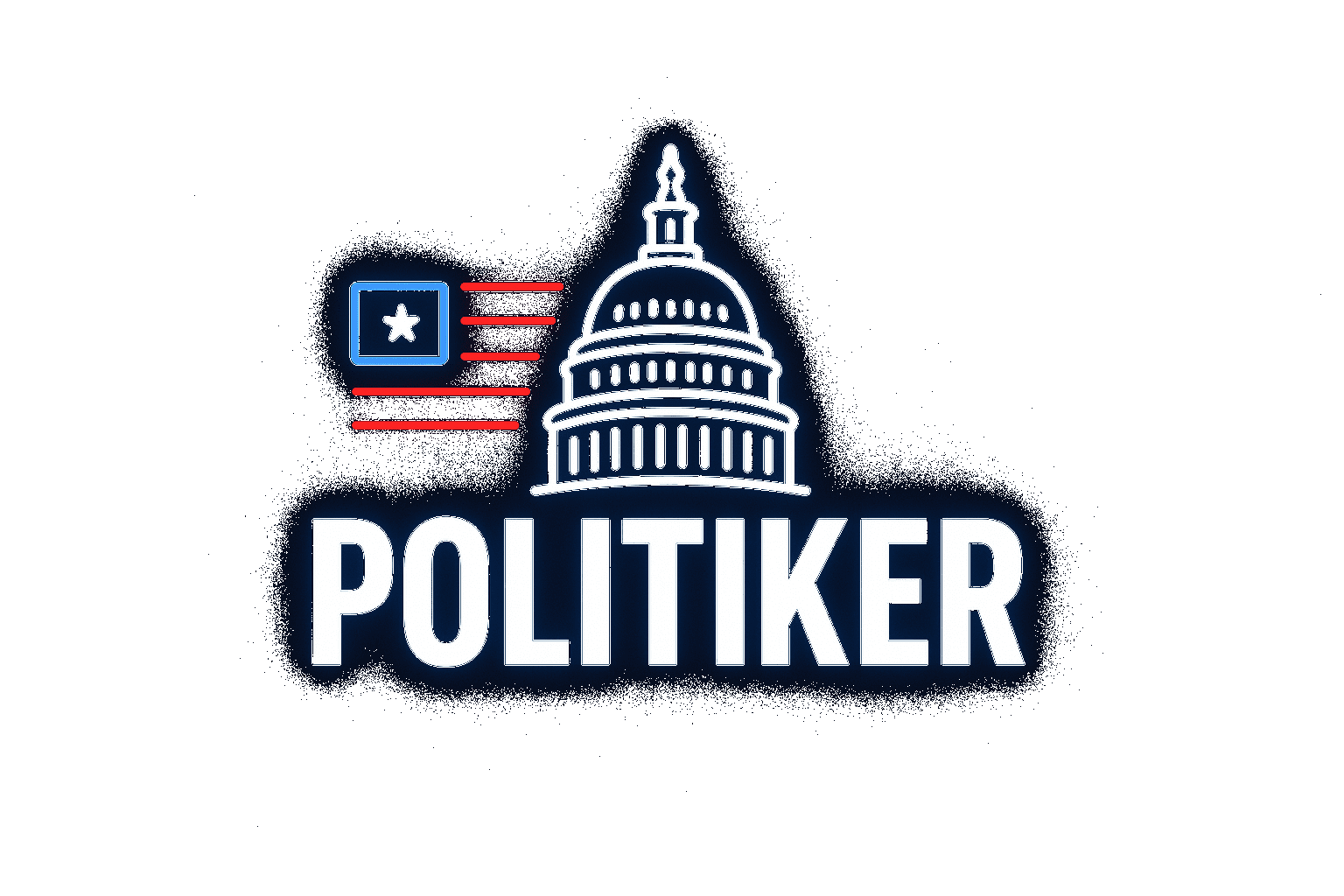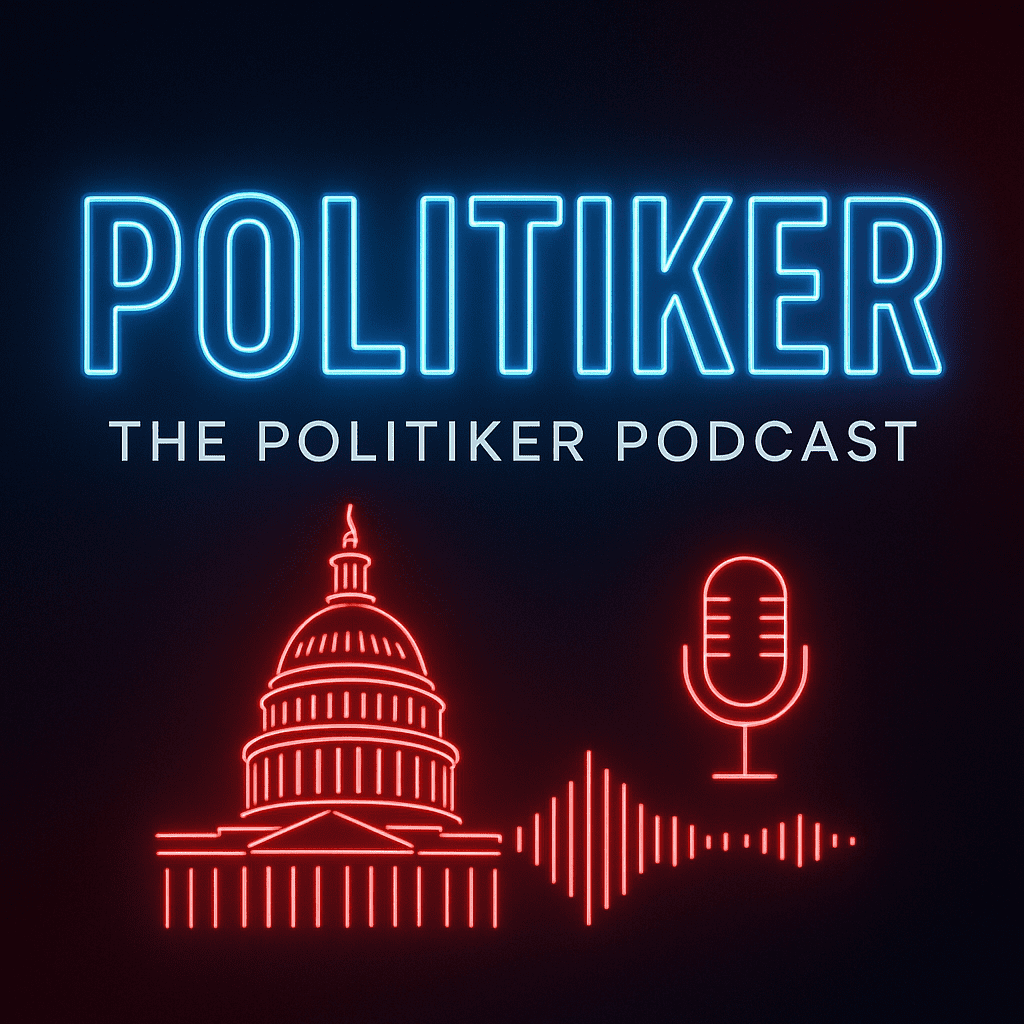NEW YORK — President Donald Trump used his address to the United Nations General Assembly on Tuesday to deliver a sweeping critique of the organization and to cast himself as the lone force capable of resolving global crises.
“What is the purpose of the United Nations?” Trump asked early in his remarks. “It’s not even coming close to living up to its potential.”
In a speech that stretched nearly an hour—triple the time typically allotted to world leaders—Trump derided the U.N. as outdated and ineffective. He claimed credit for ending “seven wars” without assistance from the institution and complained that he had never received “a phone call from the United Nations offering to help in finalizing the deal.”
The president also laced his remarks with grievances, criticizing a broken teleprompter, a malfunctioning escalator at the U.N. headquarters, and the organization’s handling of global issues from climate change to migration.
Despite expressing support for peace and an aspiration to win the Nobel Peace Prize, Trump struck a combative tone. He warned drug cartels that the U.S. would “blow you out of existence,” lectured European leaders on immigration—telling them they were “destroying your countries”—and dismissed climate change as “the greatest con job ever perpetrated on the world.”
On foreign policy, Trump pressured European allies to halt purchases of Russian oil, praised NATO’s agreement to increase defense spending, and reiterated his opposition to recognizing Palestinian statehood, calling such a move “too great a reward for Hamas.” He also highlighted his administration’s crackdown on Venezuelan drug cartels, boasting that “people don’t like taking big loads of drugs in boats anymore.”
The speech, punctuated with asides aimed at a domestic political audience, blended campaign-style rhetoric with policy pronouncements. Trump praised El Salvador’s president, Nayib Bukele, for jailing deportees in “terrorist prisons,” singled out London mayor Sadiq Khan for criticism, and accused European countries of considering “sharia law.”
Reactions were mixed inside and outside the hall. European Commission President Ursula von der Leyen appeared visibly stony-faced during the remarks, though Trump later described her as “a very powerful, very smart woman” during a private meeting. U.N. Secretary General António Guterres, while calling American leadership “essential,” adopted a conciliatory tone in a meeting with Trump after the speech.
Human rights advocates were less forgiving. Federico Borello, interim executive director of Human Rights Watch, said Trump “made too many false claims about world affairs at the UN General Assembly to seriously address them” and accused the president of undermining the institution. “The U.N. has always had shortcomings, but it’s essential globally to monitor human rights, deliver humanitarian aid, protect refugees, and promote international accountability,” Borello said.
Trump, for his part, later posted on social media that the speech was “very well received,” adding that he had been raising the issues of energy and immigration “for a very long time.”




